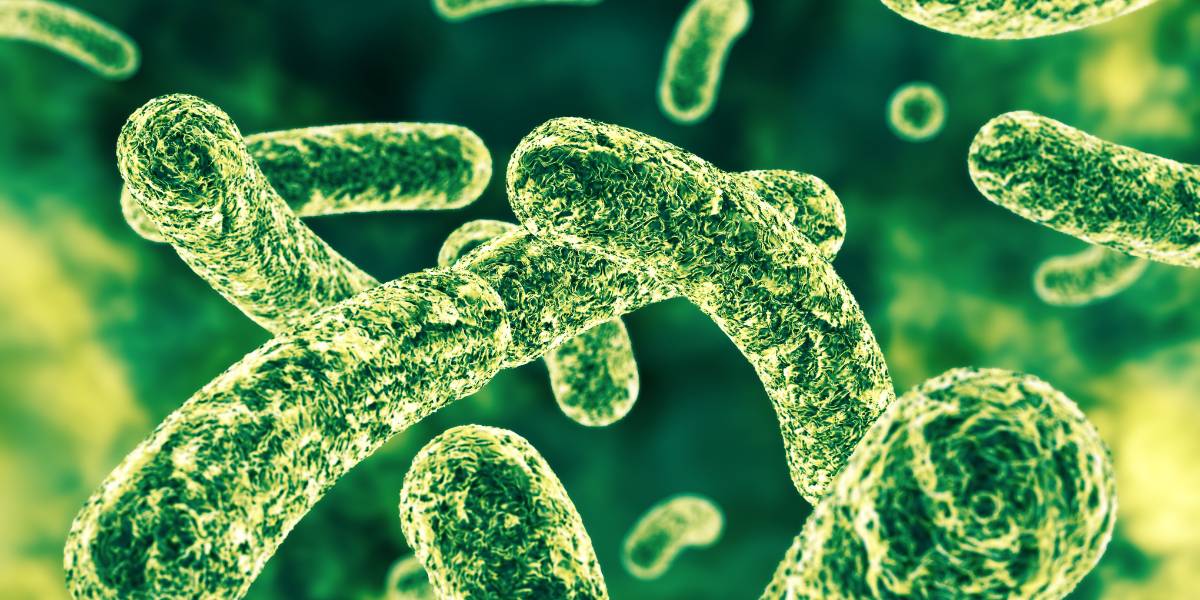Researchers from Australia and Norway have unveiled a novel form of insulin that can be taken orally instead of through injection.
This groundbreaking advancement in insulin delivery may transform diabetes management.
- Cinnamon supplements reduce blood glucose in people with prediabetes
- Baricitinib shows promise in delaying progression of type 1 diabetes
- Insulin spray could soon end the need for diabetes injections
How does the oral insulin delivery system work?
Insulin pills are equipped with nanocarriers which are nanoparticles measuring just 1/10,000th in width.
These nanoparticles carry insulin to the body and avoid being broken down in the stomach.
The nanocarriers are designed to detect elevated glucose levels and trigger the release of its insulin only when needed.
Professor Peter McCourt from UiT Norway’s Arctic University, part of the international research team, explained “We have created a coating to protect the insulin from being broken down by stomach acid and digestive enzymes on its way through the digestive system, keeping it safe until it reaches its destination, namely the liver.”
Dr. Nicholas Hunt from the University of Sydney highlighted, “When blood sugar is high, there is a rapid release of insulin, and even more importantly when blood sugar is low, no insulin is released.”
This capability allows for precise blood glucose control.
Additionally, this approach eliminates the need for injections, which could significantly benefit children and individuals with needle phobia.
Furthermore, these insulin pills do not require refrigeration.
- AI-powered eye exams improve screening rates among young people with diabetes
- Runner with type 1 diabetes qualifies for the Olympic Marathon Trials
- Decision support tool launched to explain options available to people with type 1 diabetes
Encouraging animal studies have shown promising results with insulin pills effectively reducing glucose levels in mice and rats without inducing hypoglycaemia or weight gain.
In a test involving 20 healthy adult baboons, insulin-laced chocolate significantly lowered blood glucose levels without adverse effects.
While research is still in its early stages, clinical trials in humans are set to commence in 2025.
Trials will focus on assessing the safety of oral insulin and monitoring the incidence of hypoglycemia in individuals with and without type 1 diabetes.





